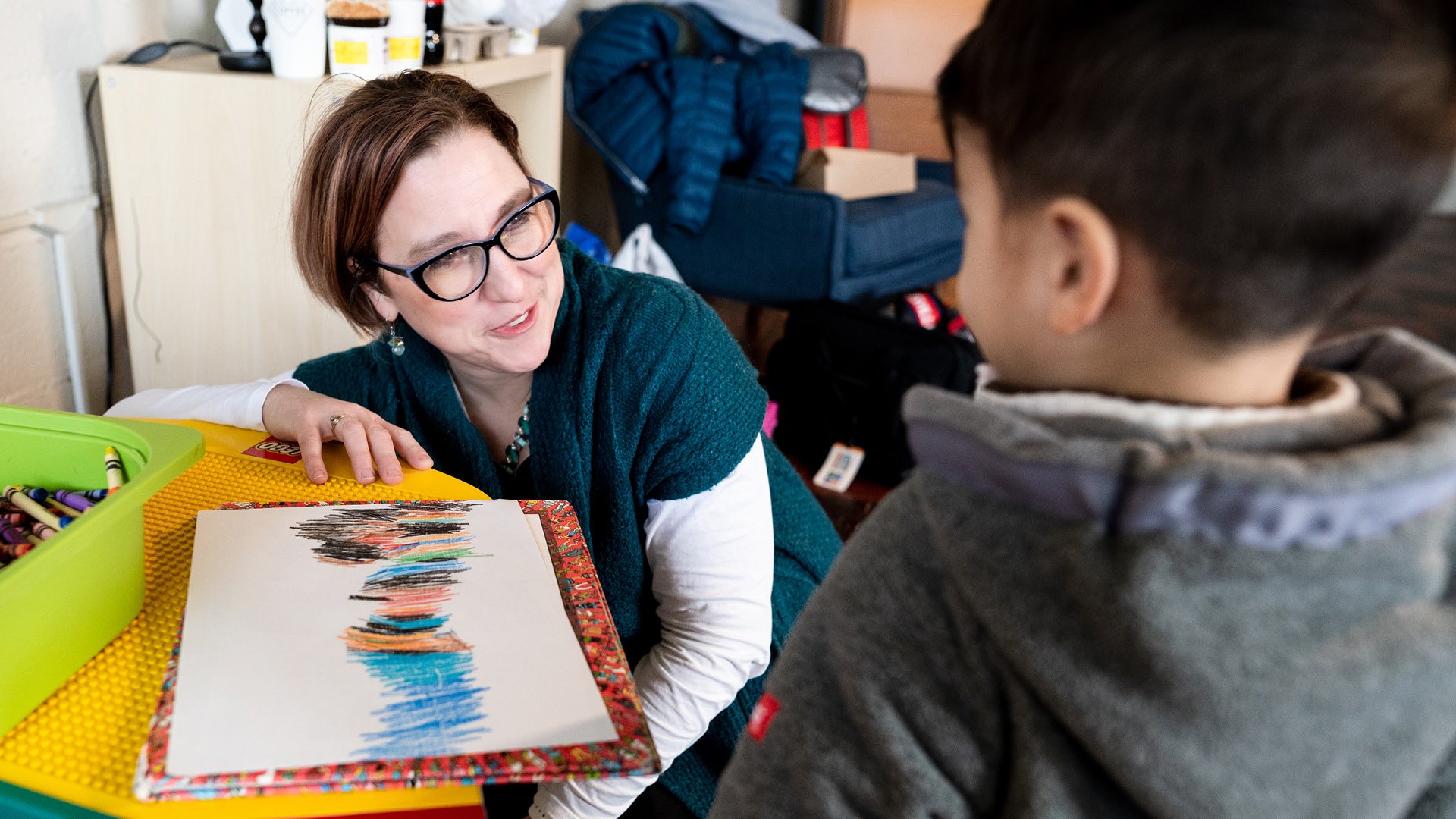Helping Your Child Navigate Psychological Assessments: A Guide for Parents
A guide for parents as they prepare children for testing
3 min read
What You'll Learn
How can parents effectively discuss assessments with their children?
What steps can parents take to prepare their children for the assessment process?
What strategies can parents use to address their child's concerns about undergoing an assessment?
As parents, we want the best for our children, especially when it comes to their education. Sometimes, though, we encounter challenges in understanding how our children learn and how best to support them. This is where assessments can play a crucial role. However, talking to your child about assessments and preparing them for the process can be daunting.
In this blog post, we'll explore some effective strategies for discussing assessments with your child and ensuring they feel comfortable and empowered throughout the process.
Starting the Conversation:
One of the first steps in preparing your child for an assessment is initiating the conversation. Keep it simple and focus on the benefits, such as helping teachers understand how to teach them better, parents knowing how to support them, and empowering the child to advocate for themselves. You might start by saying something like, "I've noticed you've been working hard on [subject] lately, but it still seems challenging. I think if we knew more about how you learn best, we could make things easier for you."
Describing the Process:
It's essential to demystify the assessment process for your child. Explain that it involves various activities, such as puzzles, games, and discussions, aimed at understanding their learning style and strengths. Assure them that it's not about being sick or doing something wrong – it's about learning how to make learning easier and more enjoyable for them.
Seeking Their Input:
Encourage your child to ask questions about the assessment process. This not only helps the psychologist understand their needs but also empowers the child to take an active role in their education. Be patient and give them time to think about their questions, and don't hesitate to ask multiple times if needed.
What if My Child Doesn't Want to Be Assessed?
If your child is hesitant about undergoing an assessment, it's essential to address their concerns and fears. Use their own language to describe the issues they're facing, and assure them that the assessment is not mandatory. Offer them choices and let them know they can attend a preliminary session to see what it's all about before making a decision.
Navigating assessments with your child can be a challenging but ultimately rewarding experience. By starting the conversation, demystifying the process, seeking their input, and respecting their choices, you can help your child feel empowered and supported throughout the assessment process. Remember, assessments are not about labeling or judging your child – they're about understanding how they learn best and helping them reach their full potential.
Dr. Gray Gray — Psychologist & Expert Evaluator
Dr. Gray has 25 years of experience with adults and children. She enjoys connecting people to resources and was a founder of the Charlotte Autism Consortium with the hopes of raising awareness of autistic strengths. Having started her career under the mentorship of Dr. Gary Mesibov at UNC within the Department of Psychiatry, she recognized early on the importance for coordinated care and collaboration with providers across various disciplines. Dr. Mesibov, co-founder of UNC TEACCH and internationally recognized leader in autism research and practice, underscored the importance of embracing all of the unique strengths autistic people bring to the world. As a result, Dr. Gray has been inspired to utilize a strengths-based and therapeutic approach to assessment and intervention. She fosters the development of self-compassion and shared understanding through her clinical work and advocacy.
Schedule an Appointment
We’re here to help! Call us to schedule an appointment or reach out online. Our team accepts online inquiries 24/7.







